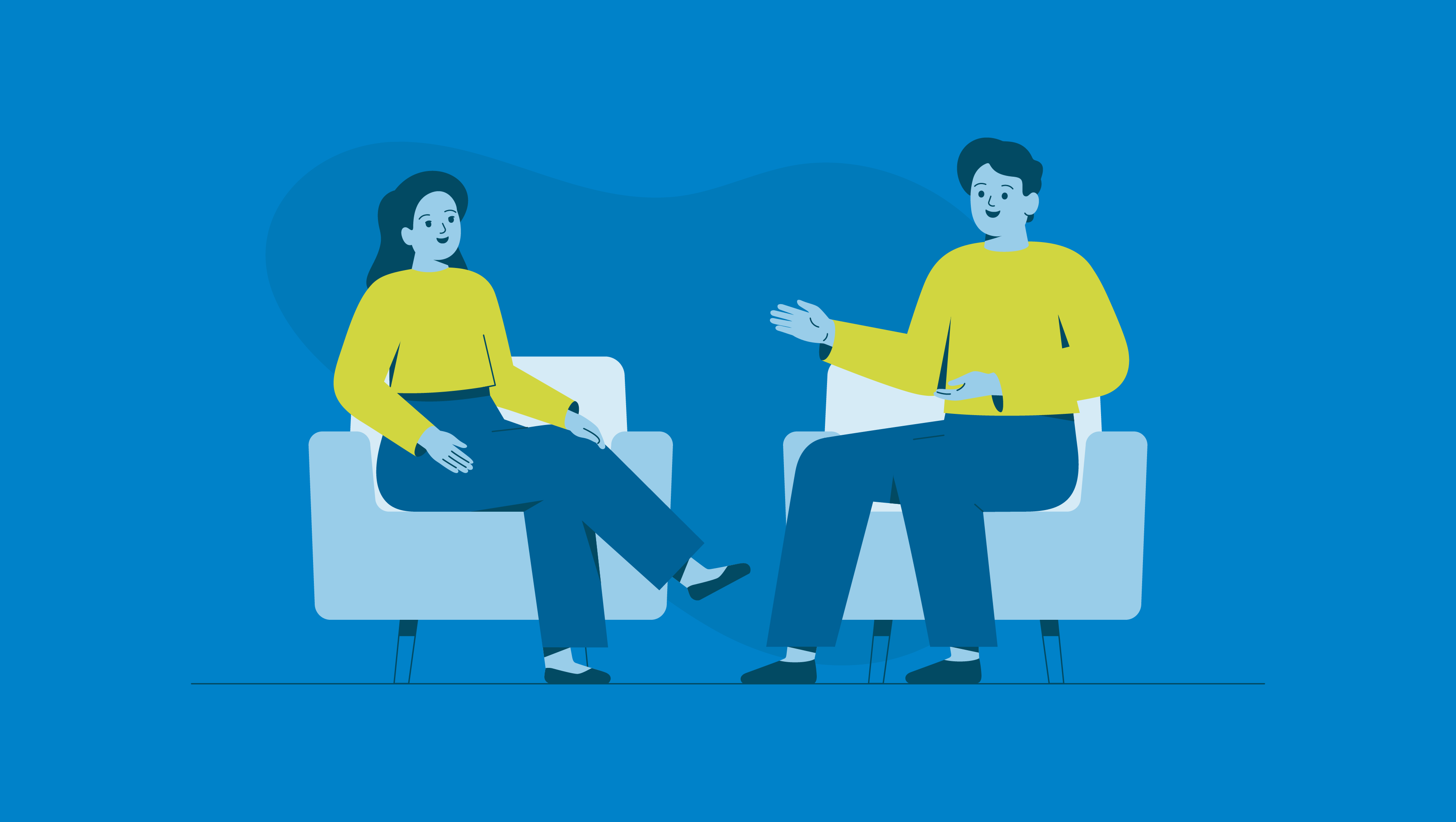Your website is one of the key assets of your business. And in today’s digital world, most buyers do some form of online research during the buying process.
So having a website that accurately communicates your vision and drives new business is essential.
The problem is that building an effective website is easier said than done. As a web design agency, we regularly talk with potential clients who are still recovering from their last website project gone awry. So, is there an effective process to mitigate the risks when building your company’s website?
Absolutely! The key is to do your research and craft questions that elicit responses that will demonstrate whether this person has what it takes to bring your vision to life. As you ask these questions, listen not only to the content of a designer’s response but also to the voice and tone behind the words.
If interviewing seems intimidating, remember your key objectives are to find out:
- Can this web designer or developer truly produce a website that is aligned with my goals?
- Do they have enough experience with similar projects that I can make a confident decision?
- Do they have a defined process for their creativity?
Here are seven questions you should ask before hiring a web designer or developer:

How sophisticated is their design work?
Start by checking their previous clients’ websites. Look at how sophisticated their design and development work is. How relevant is their experience to what you need for your business? Do they have B2B experience or are they more on the consumer product side of things?

Can you verify their experience online?
Perform a search of the web designer or developer online, but don’t limit yourself to just a search engine. You should also check out their profiles on Linkedin, Behance, and Dribbble. Look for any red flags, as patterns are far more likely to be accurate.
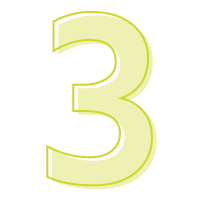
Can they provide specific project references?
Don’t settle for generic recommendations — ask for specific projects and get the details of what they worked on. Pay special attention to aspects of the previous client’s project that might be relevant to your own, ie: Infographic design, plugins that were created, the timeline of the project, etc. What portion of the project did they contribute to? Did they work with a designer on the project, or did they do the graphics themselves? Did they work with a more senior programmer on the project or did they do the development themselves?
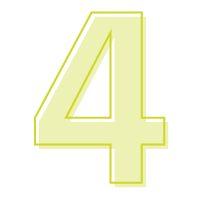
What is their communication process?
Does this designer or developer have a strong track record of communicating effectively
with clients and being responsive? Have they used a project management tool in the past or do they have their own system of communication? There is nothing worse than working with someone who does not respond nor provide you the necessary updates in a timely manner.

Do they have a structured, systematic planning process?
Do they have a process in place for their design and development? The ball is often dropped because a process is not in place. The process doesn’t have to be anything fancy, but they should be able to communicate it over a 15-minute call with clarity. If they can’t explain their process cleary … RUN (do not walk) away.

Will they maintain your site or teach you how to do it?
At the end of the project, will a hand-off occur or will they continue to maintain your website? Always define this at the beginning of your agreement, as you will need help making changes to your site in the future. Ask they offer ongoing website support. A website is never a “set it and forget it” type of project.
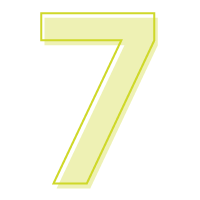
Did they offer a range of options?
It’s very common for business owners to collect a number of sites you like to use as “inspiration” for what you have in mind. The problem is that you are on a budget and most of the sites you listed are more expensive than you think. Instead, we recommend asking your designer or developer to show you what is possible for three different budgets — half of your budget, your entire budget, and 150 percent of your budget. That will give you a range of their capabilities at different budget levels. If they have a portfolio, ask them to tell you which of those sites fall inside those three ranges.
Here are seven questions you should ask before hiring a web designer or developer:

How sophisticated is their design work?
Start by checking their previous clients’ websites. Look at how sophisticated their design and development work is. How relevant is their experience to what you need for your business? Do they have B2B experience or are they more on the consumer product side of things?

Can you verify their experience online?
Perform a search of the web designer or developer online, but don’t limit yourself to just a search engine. You should also check out their profiles on Linkedin, Behance, and Dribbble. Look for any red flags, as patterns are far more likely to be accurate.

Can they provide specific project references?
Don’t settle for generic recommendations — ask for specific projects and get the details of what they worked on. Pay special attention to aspects of the previous client’s project that might be relevant to your own, ie: Infographic design, plugins that were created, the timeline of the project, etc. What portion of the project did they contribute to? Did they work with a designer on the project, or did they do the graphics themselves? Did they work with a more senior programmer on the project or did they do the development themselves?

What is their communication process?
Does this designer or developer have a strong track record of communicating effectively
with clients and being responsive? Have they used a project management tool in the past or do they have their own system of communication? There is nothing worse than working with someone who does not respond nor provide you the necessary updates in a timely manner.

Do they have a structured, systematic planning process?
Do they have a process in place for their design and development? The ball is often dropped because a process is not in place. The process doesn’t have to be anything fancy, but they should be able to communicate it over a 15-minute call with clarity. If they can’t explain their process cleary … RUN (do not walk) away.

Will they maintain your site or teach you how to do it?
At the end of the project, will a hand-off occur or will they continue to maintain your website? Always define this at the beginning of your agreement, as you will need help making changes to your site in the future. Ask they offer ongoing website support. A website is never a “set it and forget it” type of project.

Did they offer a range of options?
It’s very common for business owners to collect a number of sites you like to use as “inspiration” for what you have in mind. The problem is that you are on a budget and most of the sites you listed are more expensive than you think. Instead, we recommend asking your designer or developer to show you what is possible for three different budgets — half of your budget, your entire budget, and 150 percent of your budget. That will give you a range of their capabilities at different budget levels. If they have a portfolio, ask them to tell you which of those sites fall inside those three ranges.
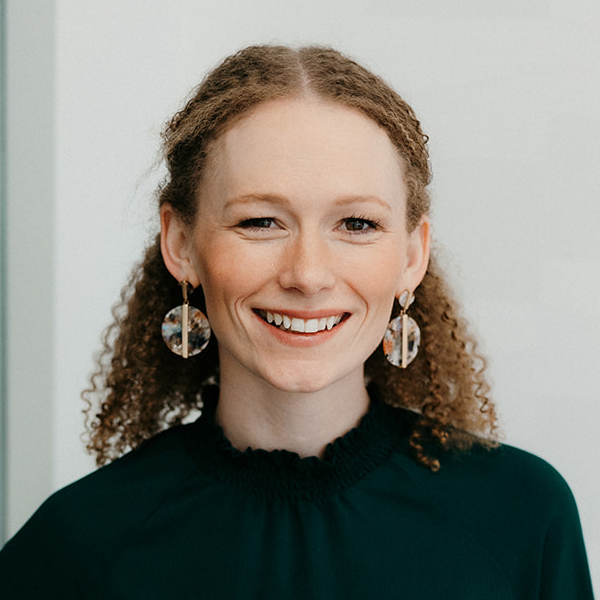
With more than 10 years of agency experience, Jenny has had the privilege of working with a large variety of brands. She loves partnering with other business owners and entrepreneurs, and specializes in brand development. From digital marketing to online course creation, Jenny’s knowledge and skillset has prepared her to be a successful creative director.



